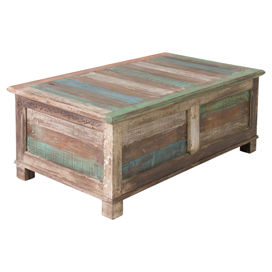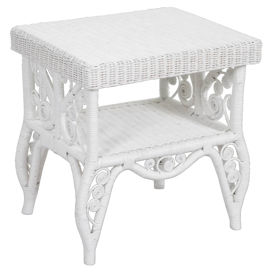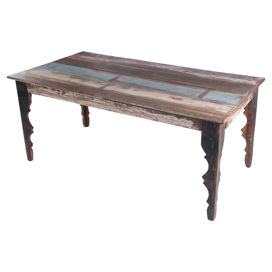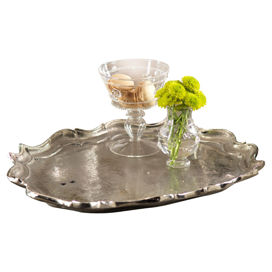I have been anxiously awaiting her roadside and open field arrival. Her appearance was very sparse and late this season in my vicinity. However, last week she made her formal debut in full blooms with her face bright and detailed as she decorates our walkways and roadsides. I love the delicate intricacy of the teeny white blooms that weave together like a thoughtfully crafted lace. Just like her name proclaims.
Again, I implore you to dispense the notion that pretty flowers, some of which are useful and practical as well as attractive, should bear the unflattering and rather degrading title of weeds. This well-known hardy weed not only grows vigorously amidst traffic pollutants and old unattended fields, but it has, as a matter of historical fact, yielded medicinal results and a healthy vegetable we eat without a single regard to its provenance. Now, does that exemplify a scraggly old, land ravaging, unsightly and harmful plant growth? Naw.
Queen Anne's Lace
This stalk was the biggest flower I have ever seen of the Lace. It was about four and a half feet high towering over smaller blooms. Her face looked over the road perched upon a stalk about an inch thick until it slimmed at her neckline.
Fun Fact 1: The carrot was bred from this plant.
ct-botanical-society.org
Fun Fact 2: Species name is Daucus Carota
meaning Wild Carrot
Fun Fact 3: Women have used the seeds as a contraceptive since the 5th or 4th century B.C. appearing in written work by Hippocrates.
Sisterzeus.com
Fun Fact 4: This plant is biennial meaning it lives for two years, growing the first then blooming the second.
fcps.edu
Fun Fact 5: It is very strong and will outcompete native plants.
ncsu.edu
Fun Fact 6: Each flower produces two seeds.
ncsu.edu
I just think they are beautiful.

















































